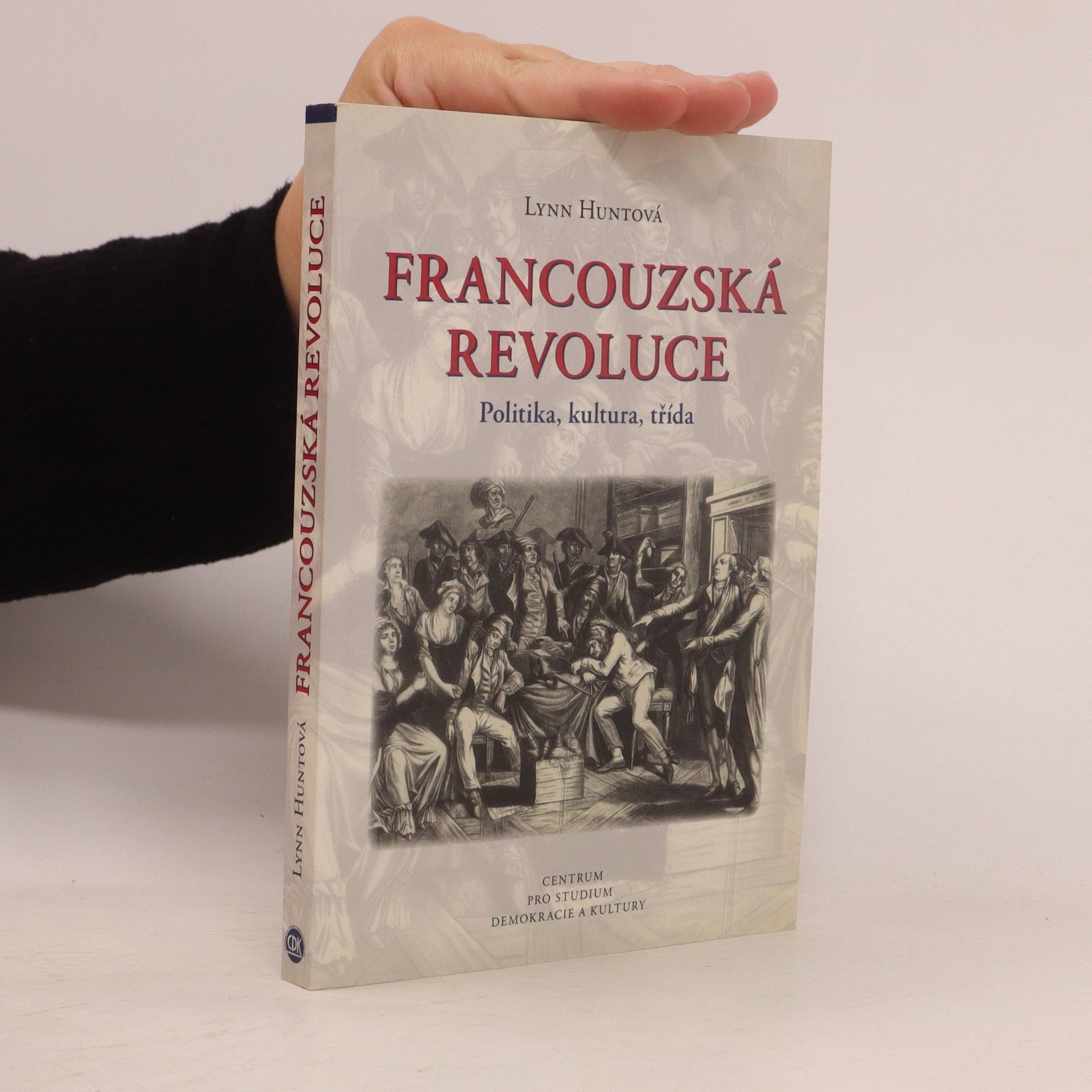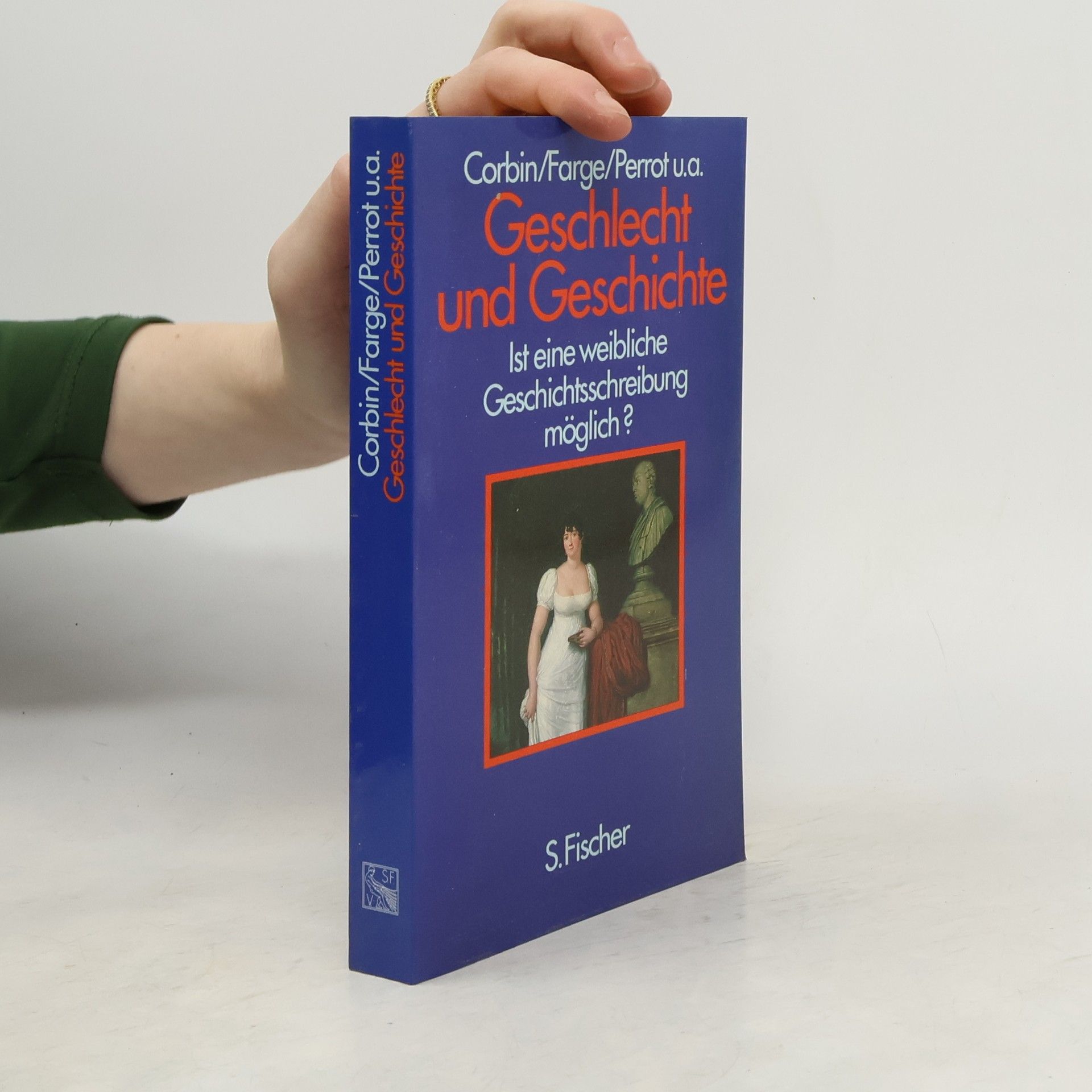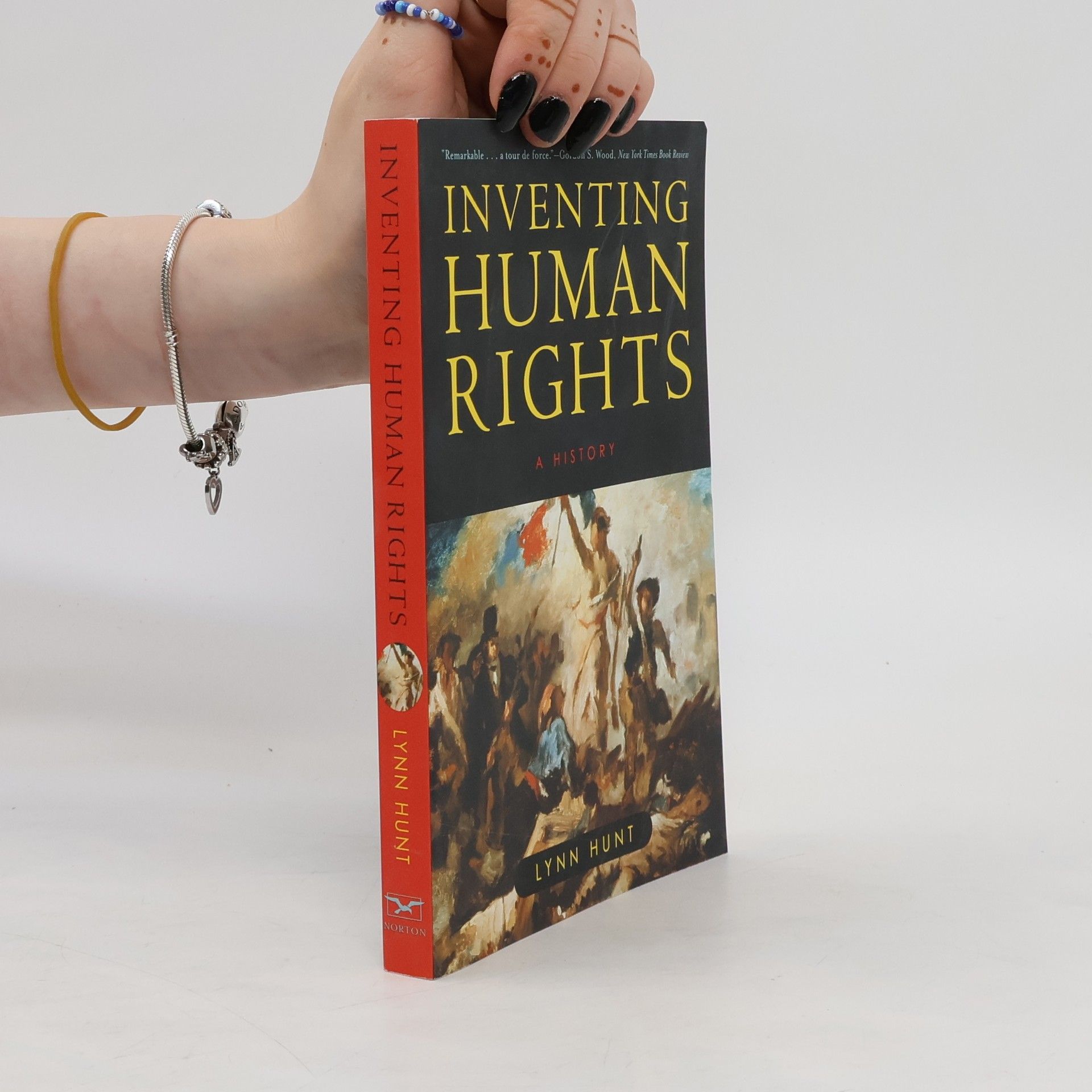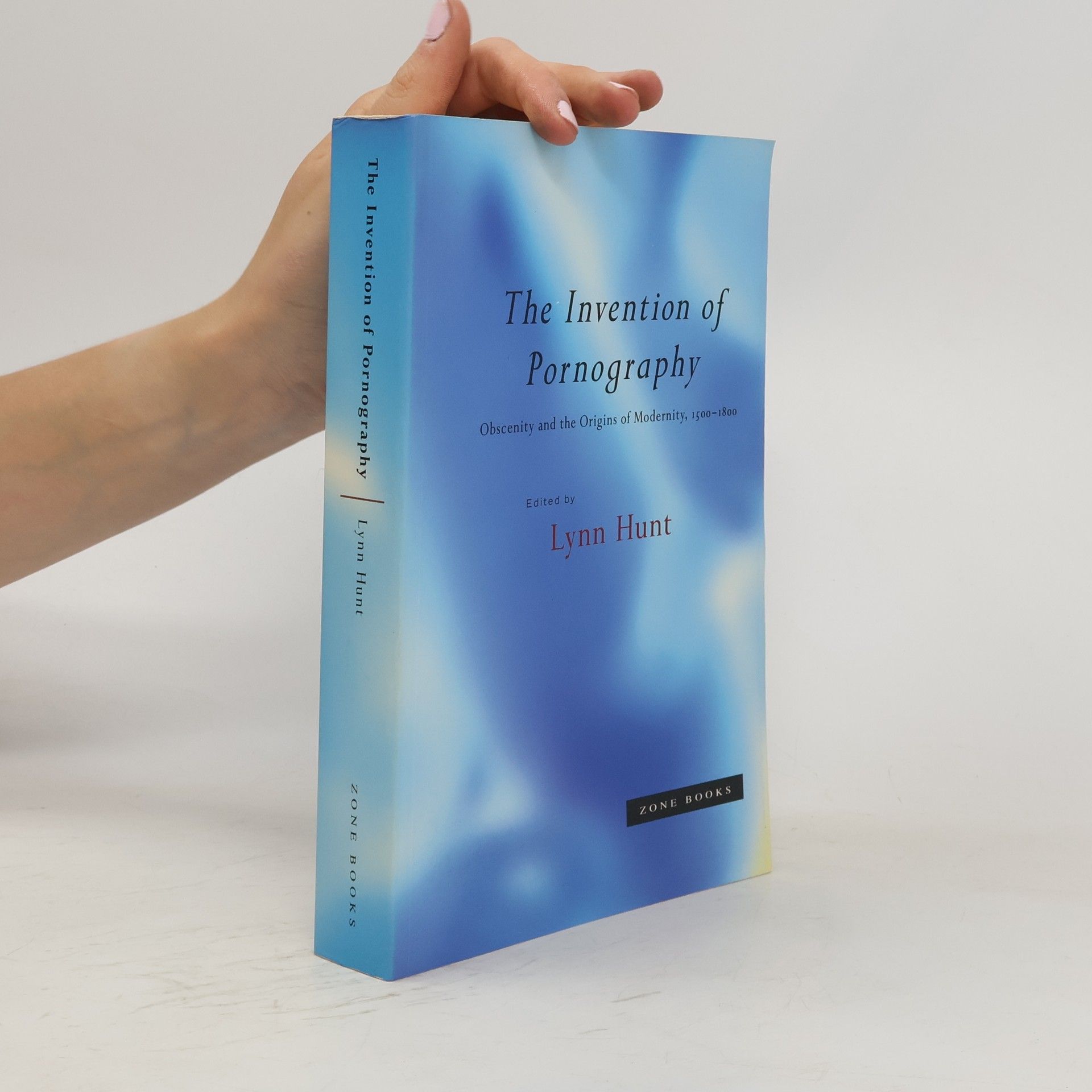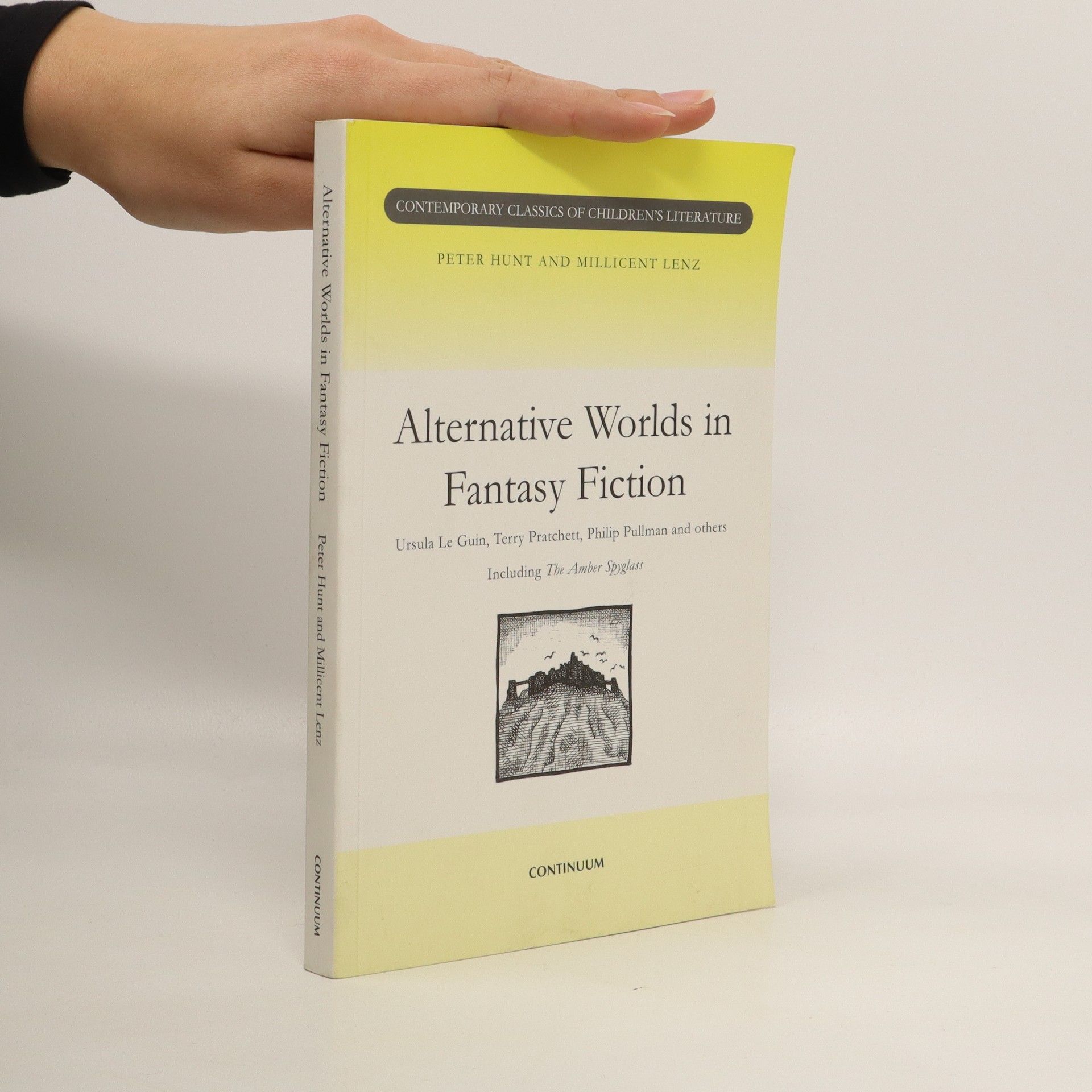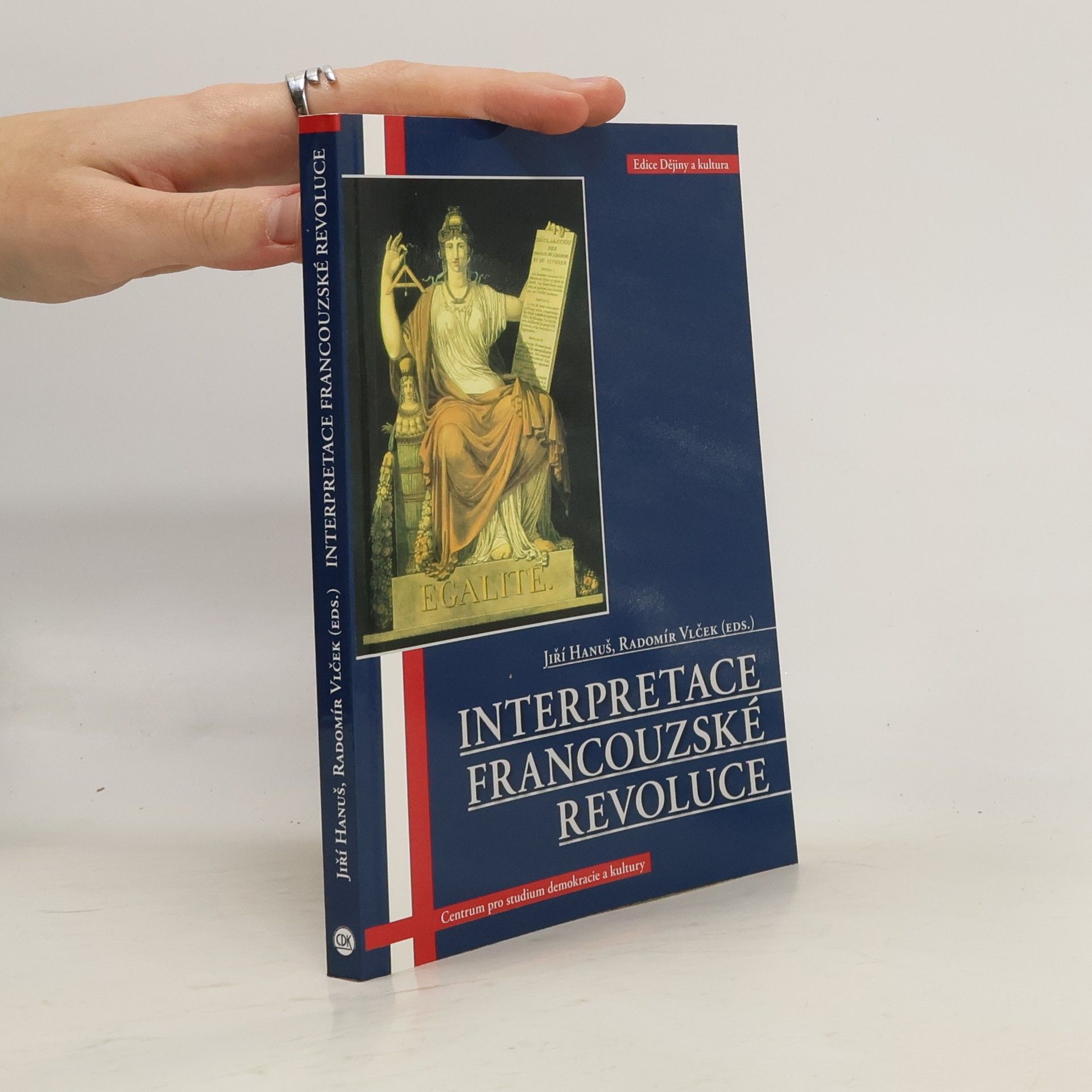The Making of the West
Peoples and Cultures- A Concise History - Third Edition
- 752 pages
- 27 hours of reading
The Making of the West is a story of interactions — cross-cultural exchanges that span the globe, as well as the ongoing interactions between societies, cultures, governments, economies, religions, and ideas. To highlight these interactions and help students grasp the vital connections between political, social, and cultural events, The Making of the West: A Concise History presents a comprehensive picture of each historical era within a brief chronological narrative. The book also situates Europe within a truly global context, facilitating students’ understanding of the events that have shaped their own times. A full-color map and art program deepen students’ understanding of the narrative.

